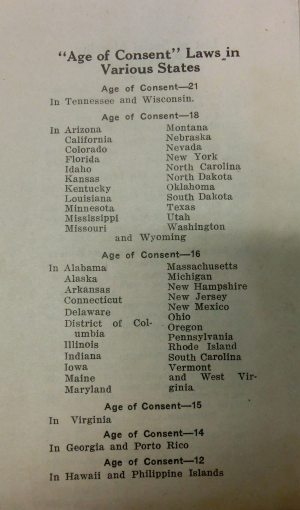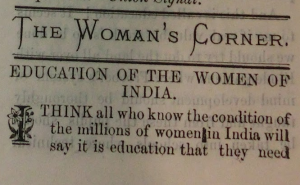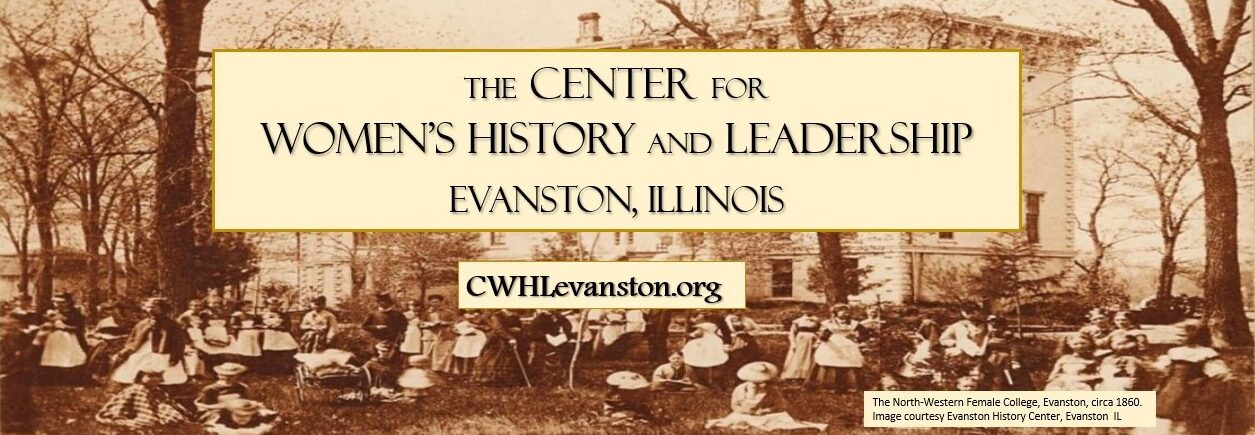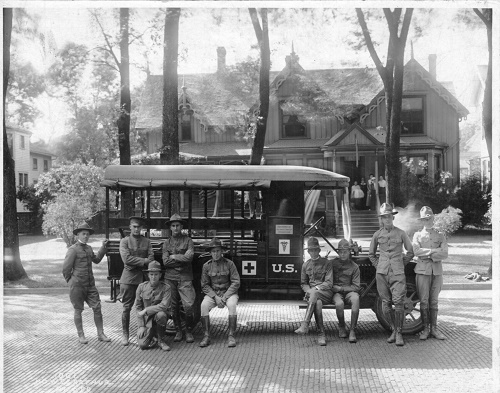The Woman’s Christian Temperance Union is best known for its efforts to rid the world of alcohol. But one of its most successful campaigns – one that shapes laws in every state to this day – focused not on “demon rum” but on sex, specifically, the age of consent to sexual intercourse. While conducting research for my dissertation, titled “Purifying the World: Americans and International Sexual Reform,” I visited the Frances E. Willard Memorial Library and Archives to find documents that could help me shed light on the WCTU’s activism to raise the age of consent in the United States and India. In the late 1800s, the age of consent in both countries was set by interpretations of British Common Law, placing it at an age that may seem shockingly low to a modern reader: it was 10-12 years of age in most states in the U.S. (though as low as 7 in Delaware), and 10 in India.

Sources at the Willard Archives show that the WCTU provided key financial, organizational, and ideological support for the campaign to raise the age of consent. For instance, the WCTU printed and distributed tens of thousands of leaflets – preserved in the Willard Archives – that detailed the age of consent across the U.S. (Fig. 1), since many WCTU women believed that educating people about the current state of laws was essential to raising the age of consent.
In addition to their domestic efforts, American WCTU women saw themselves as part of a sisterhood that extended beyond national boundaries. As part of the WCTU’s missionary impulse, it supported the work of a number of female physicians working abroad. For example, at the Willard Archives I discovered an Indian periodical (Fig. 2) with an article by Dr. Emily Brainerd Ryder. Dr. Ryder was an American medical missionary to India, who wrote numerous books and articles that publicized the crusade to raise the age of consent in India for an English-speaking audience. The article provides crucial insight into the development of Dr. Ryder’s thought, which was influential in shaping the international conversation about the age of consent. While firm in her belief that the U.S. was at the pinnacle of civilization, Dr. Ryder nonetheless refuted the then common assumption that women from India reached sexual maturity earlier than white Euro-American women as a result of their racial characteristics and India’s tropical climate. Instead, she argued that a lack of women’s education was to blame for what she perceived to be India’s sexual backwardness.

The WCTU’s campaign to raise the age of consent remains one of its most powerful and lasting legacies. By 1920, every state in the union, with the exception of Georgia, had raised the age of consent to 16 or 18 years of age. WCTU women’s activities also contributed to the Government of India’s decision to raise the age of consent in 1891. The collections at the Frances E. Willard Memorial Library and Archives illuminate this significant moment in the history of women’s social and political activism.
-Eva Payne is a Doctoral Candidate in the American Studies Program at Harvard University
Contact: epayne[ATsymbol]fas[DOT]harvard[DOT]edu

